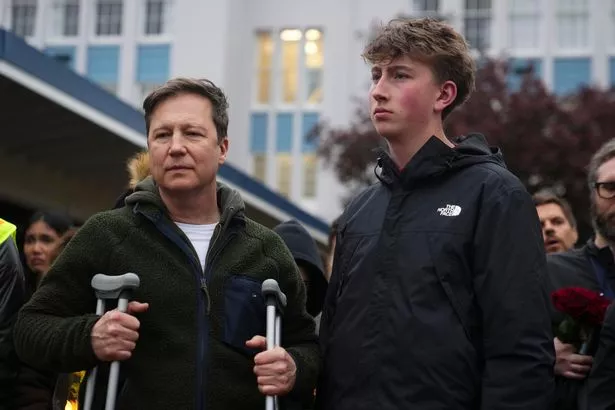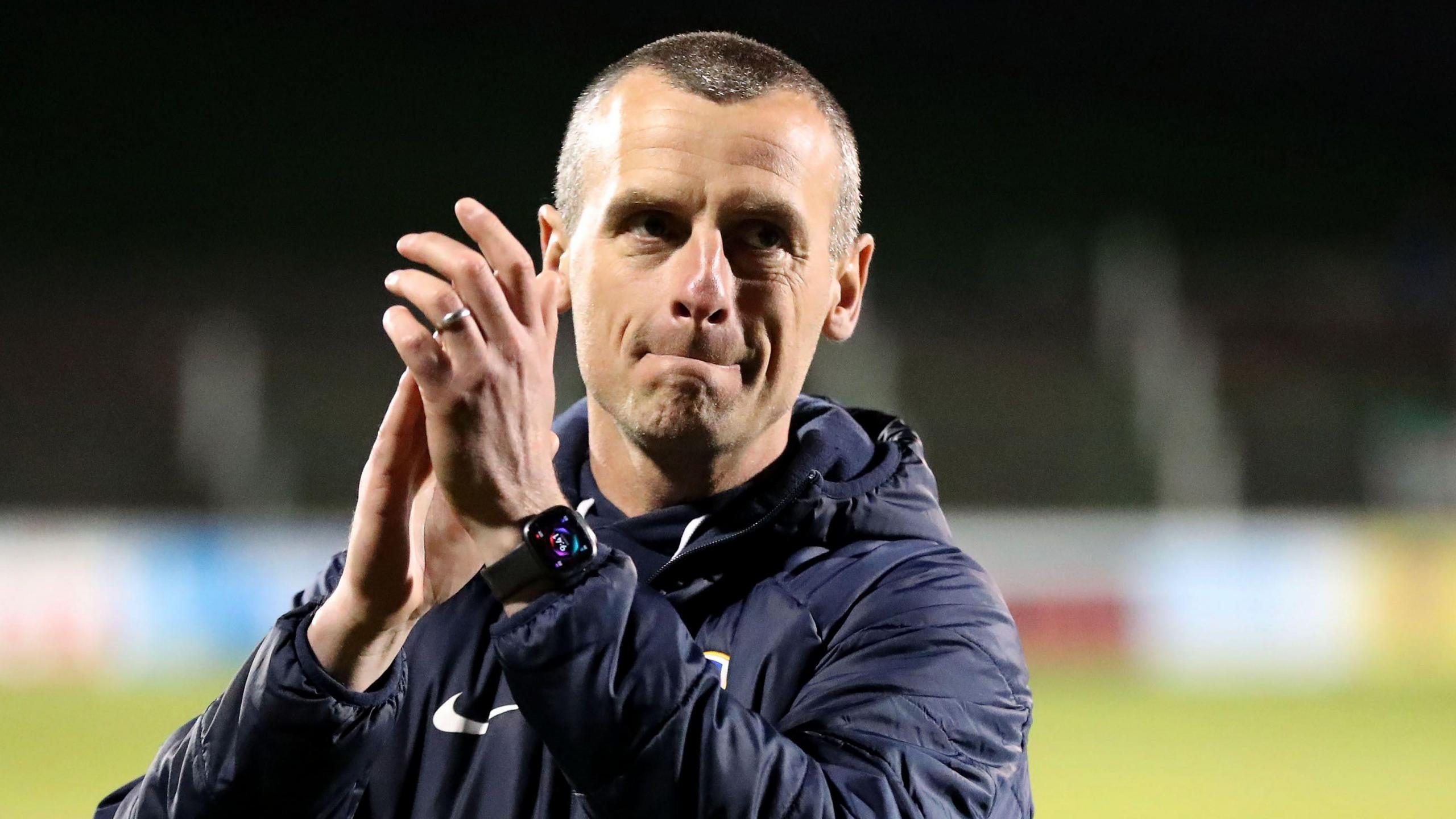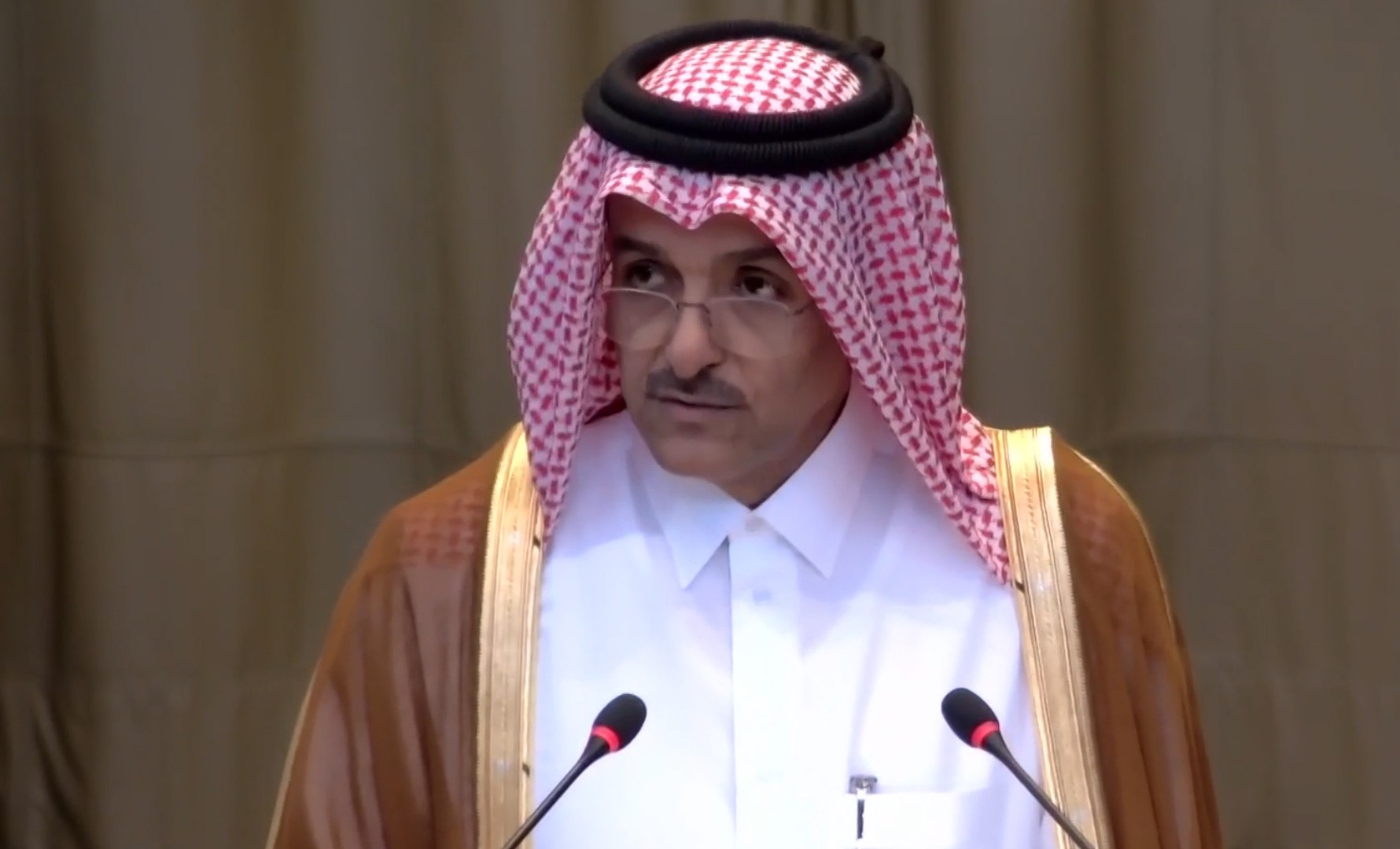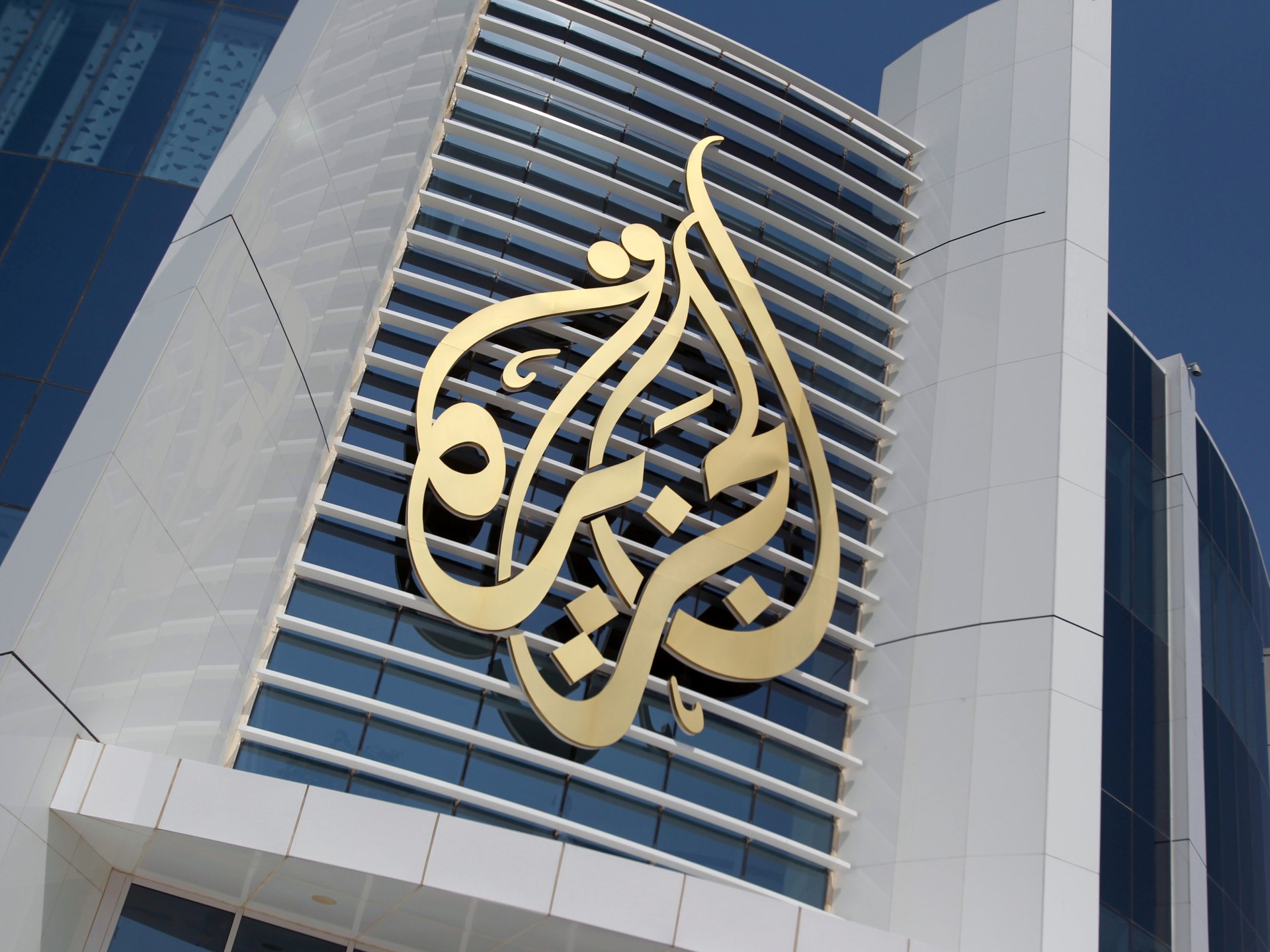David Beckham’s former publicist Alan Edwards writes for the Mirror to mark David Beckham’s milestone 50th birthday as he remembers bonding over chinese takeaways, his love of Usher and the star’s acts of generosity
As Becks turns 50 on Friday, his former publicist Alan Edwards – the man who helped invent Brand Beckham – opens up about his memories working with the footballer and watching him evolve into the global superstar he is today. Writing for the Mirror, he remembers meeting a 19-year-old David, who had just returned to Manchester United from being on loan at Preston North End. And he was by his side as his profile soared including meeting now-wife Victoria Beckham and his infamous World Cup sending off.
“The first time I remember meeting David it was in Manchester, and I went back to his digs afterwards. It was a one up – one down house, nothing flash at all. I wasn’t sure what we were going to talk about, I’d met a few footballers before, and they always seemed to talk about which car they wanted or what nightclub they wanted to get into.
I immediately sensed David was different, he started to talk about his vision for football. He went on to say how much he hated racism and then talked about how he thought football would develop in America and the development of Women’s soccer. It was quite mesmerising really. It was as if he could see into the future, I was absolutely astonished and started scribbling notes on a bit of paper.
As I got the train back from Piccadilly station to Euston, I reflected on how I instinctively knew I had been in the presence of greatness. It’s not something that happens often, but he was clearly destined for incredible things.
Behind the scenes, David was always very friendly and he was absolutely devoted to his family but there were no airs and graces about him. I remember having Chinese takeaways around David and Victoria’s house and we’d have impromptu meetings sometimes on a Friday night. Contrary to myth there was no carefully crafted and designed at a marketing company. It really was all very natural and organic.
David could also be very generous, once I was down with him at the BBC studios and he was trying on some jackets and he asked me to try on one of them just to see if the size would fit. I didn’t really think anything of it but about a week later he turned up in the office with a lovely pinstripe suit that he’d had made for me. It was typical of David and not only had he surprised me with a lovely gift, he’d actually hand delivered it himself.
I’m not going to claim credit for being the person behind brand Beckham but I was certainly there in the beginning and it was so exciting to be around David and Victoria. Really it was a hoot, we had great fun.
But both of them were extraordinarily hardworking and in their own way were very ambitious. David and Victoria were so big at the time, Victoria was part of the Spice Girls which was the biggest thing since the Beatles and David was fast becoming a global superstar. The combination made them the hottest thing on the planet.
We were once contacted by Buckingham Palace who had a problem with the amount of letters they were getting for David and Victoria. [The couple lived in a mansion dubbed Beckingham Palace]. They were already global royalty. New opportunities and adventures were opening up on a daily basis.
I didn’t really have any preconceptions about David as he was still very early in his career and had just broken into the Man United team. I had by that point seen his incredible goal from the half way line against Wimbledon and so I knew he was quite a special talent.
Victoria was clearly an integral part of everything that happened with David, she was there encouraging and supporting him and of course at that point initially Victoria was a bigger star than he was.
After the whole World Cup saga, in which David was treated so unfairly I remember going out to see the Spice Girls in New York they were playing the legendary Madison Square Gardens and as I was walking down 42nd Street, I bumped into David who was looking for a ticket to get into the show, incredibly! Of course we whisked him straight in. But people there didn’t give him a second look, obviously all that changed afterwards.
I think the sending off of the World Cup was the most terrible thing, it wouldn’t happen now, but he was absolutely pillorised for an innocuous flick of the foot which wouldn’t normally have got a player sent off. Somehow he carried the can of everything that was happening with England and some of the reporting was disgraceful. The attacks on him were way beyond the pale. His first game of the new football season after the world cup was away at West Ham and he had to endure all kinds of taunts and abuse but he came through it with flying colours as he always did.
I think the secret of his success is that he’s kept his feet on the ground. Underneath it all he’s a very natural, normal person but his work ethic is unbelievable, he never takes his foot off the gas, always looking to create new opportunities and is very entrepreneurial.
There were so many highlights working with David, my enduring memory really of it all was it was such a fun ride. I remember when it all came to an end and I ceased to represent David I was very upset. Two or three weeks later the phone rang in the middle of the night. It was David calling from Japan just to ask me if I was okay and how I was doing. I was so touched by that, it was very classy and said a lot about him as a human being.
I’m not surprised to see that David is still relevant, pushing new boundaries. I remember with music he wasn’t going to be listening to Westlife or something safe like a lot of footballers at the time, he always wanted to know about new stuff coming out of America. For instance I remember he knew all of Tupac’s lyrics by heart. I introduced him to an unknown teenage singer called Usher and they hit it off straight away and saw in each other that they were both special talents. David knew everything that was happening in music. So he’s always kept one step ahead, and of course he’s still a super handsome guy which helps! I’m sure there’ll be many more interesting chapters in his future.”
Alan is the founder of the Outside Organisation














